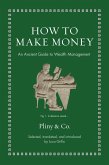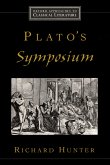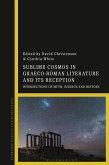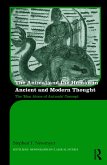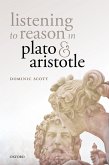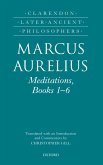Pride is pervasive in Roman texts, as an emotion and a political and social concept implicated in ideas of power. This study examines Roman discourse of pride from two distinct complementary perspectives. The first is based on scripts, mini-stories told to illustrate what pride is, how it arises and develops, and where it fits within the Roman emotional landscape. The second is semantic, and draws attention to differences between terms within the pride field. The peculiar feature of Roman pride that emerges is that it appears exclusively as a negative emotion, attributed externally and condemned, up to the Augustan period. This previously unnoticed lack of expression of positive pride in republican discourse is a result of the way the Roman republican elite articulates its values as anti-monarchical and is committed, within the governing class, to power-sharing and a kind of equality. The book explores this uniquely Roman articulation of pride attributed to people, places, and institutions and traces the partial rehabilitation of pride that begins in the texts of the Augustan poets at the time of great political change. Reading for pride produces innovative readings of texts that range from Plautus to Ausonius, with major focus on Cicero, Livy, Vergil, and other Augustan poets.
Dieser Download kann aus rechtlichen Gründen nur mit Rechnungsadresse in A, B, BG, CY, CZ, D, DK, EW, E, FIN, F, GR, HR, H, IRL, I, LT, L, LR, M, NL, PL, P, R, S, SLO, SK ausgeliefert werden.




